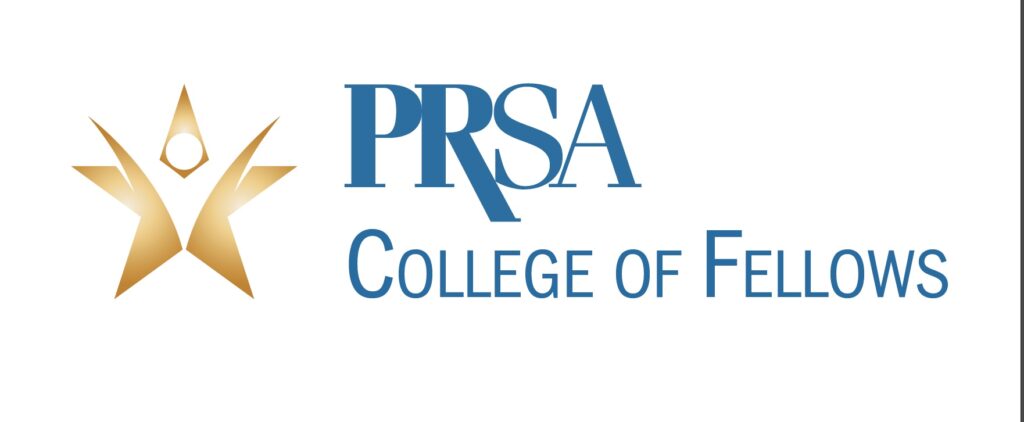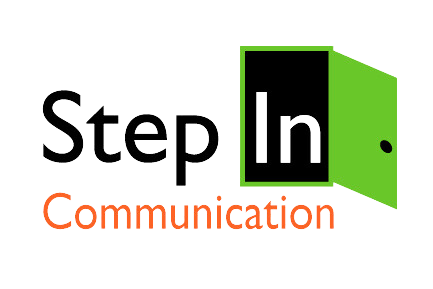In honor of PRSA Ethics Month, we’re taking a look at Influencer Campaigns
We don’t know where influencers belong most of the time. Are they organic stakeholders? Are they paid advertising? Are they media? And when we’re working with a new client to imagine what working with influencers looks like to them, we get lots of questions about authenticity and integrity.
While the majority of influencers are authentic and have integrity, just about every single week there’s a negative news story about influencers behaving badly. It’s no wonder clients have questions!
We’ve all seen at least one of these. An influencer who acts inappropriately or irreverently at an historic location. Or a (usually female) influencer who “facetunes” all their posts. Or performative acts that destroy property or food in the name of getting videos seen. We’ve seen examples of veiled threats from restaurant influencers to an owner/manager if they don’t get what they want. And the imposition some influencers cause to the general public when they are filming in a restroom, airplane or public areas.
If you think I’m exaggerating, just Google “Influencers Behaving Badly” and read the first few entries that your search returned.
It’s no wonder we don’t know where to put them. We are paying them, but we don’t control them. They can be really nice and professional, but what if they’re not? What if something goes wrong? It’s the intersection of these things that is most troubling, because so many characteristics of influencer campaigns feel like they should be mutually exclusive. It’s an ethical dilemma for many practitioners.
There is a way to navigate the nature of influencer campaigns and maintain your ethical practice. You can do this by managing these three things: the legal aspects, the creative elements and the cultural or brand fit of a campaign.
Let’s take a look at each of them.
The Legal Aspects of Managing Influencer Campaigns
Outline exactly who is responsible for what with a contract or letter of agreement. Your agreement should include deadlines, deliverables and payment terms. Clearly state your needs for disclosure and compliance and share your expectations about complying with the laws of disclosure.
This should be the most straightforward element of an ethical campaign because it’s all in writing.
The Creative Elements of the Influencer Campaign
This is where preparation really pays off. The brand and the influencer can make something really wonderful together, if it’s authentic to the brand AND the influencer.
Does the campaign reflect what the influencer is known for or is it too off-base?
Are you asking too much of them in terms of deliverables?
Or are they asking too much of you and your local partners?
For our clients, we create a prep document outlining expectations, timeline and background information on all the activities, locations and venues.
The Culture Fit of the Influencer and Brand
Are they nice? Are they professional? Are you?
How did they behave during their campaign experience?
We build a lot of itineraries for multi-day destination experiences for influencers and we always want to hear back from the restaurants and attractions they attended.
Did they treat the wait staff professionally?
Were they a good hotel guest?
Did their posts feature all the disclosure items you requested?
It’s not possible to control every single aspect of each influencer campaign, but by balancing legal, creative and cultural fit aspects, you minimize the risk and maximize the ethical elements of your influencer interactions.
***As a longtime member of the Public Relations Society of America, ethics in practice is an important component of our code of behavior and is part of membership in the College of Fellows. See our code of ethics here.

